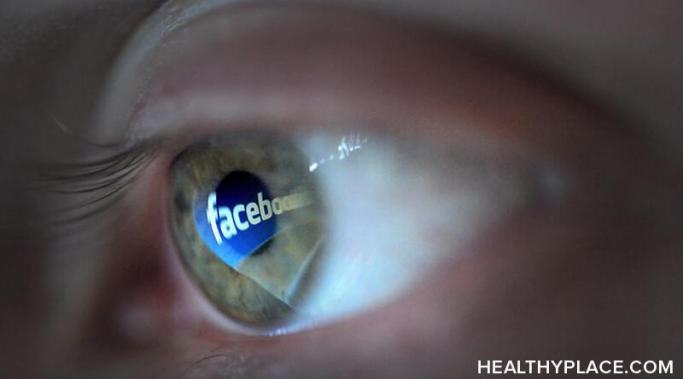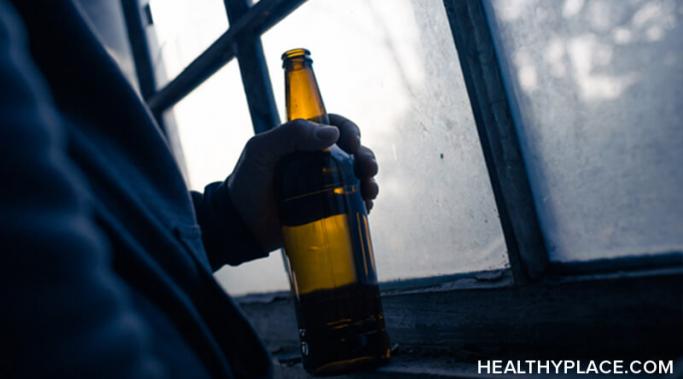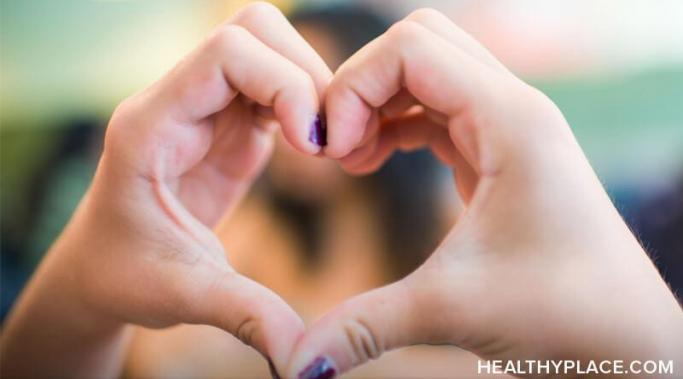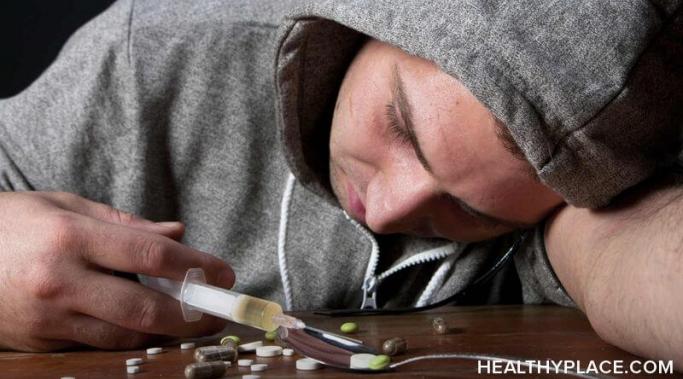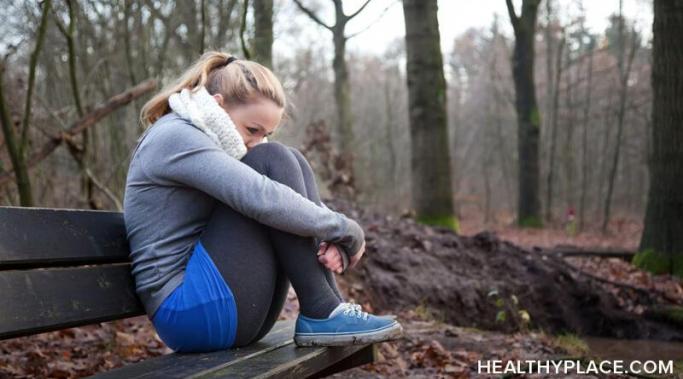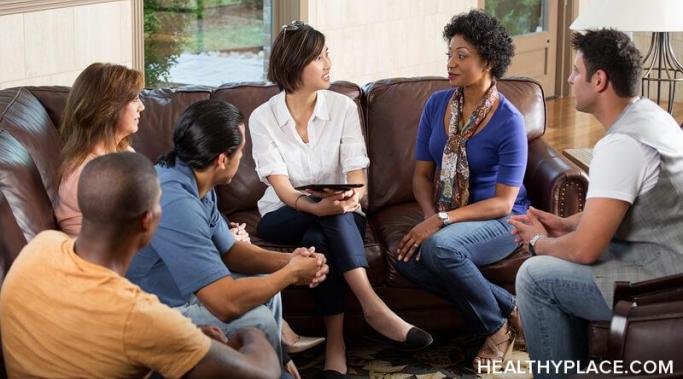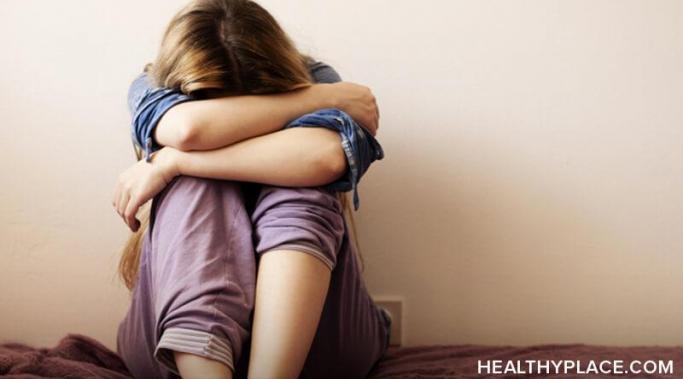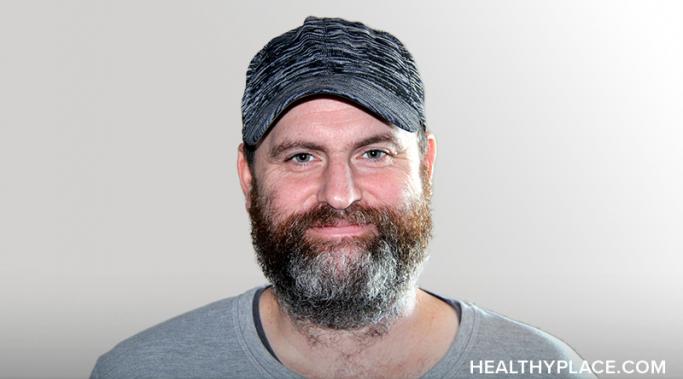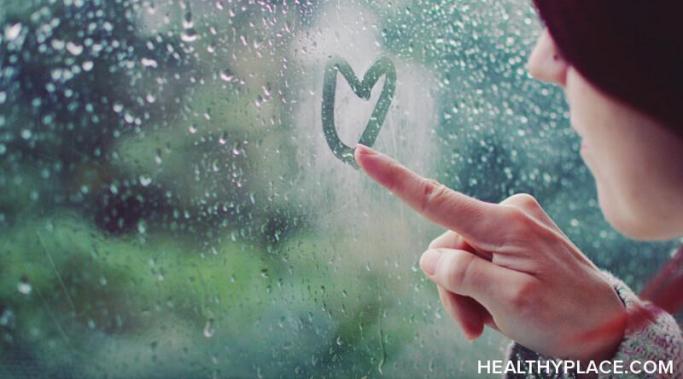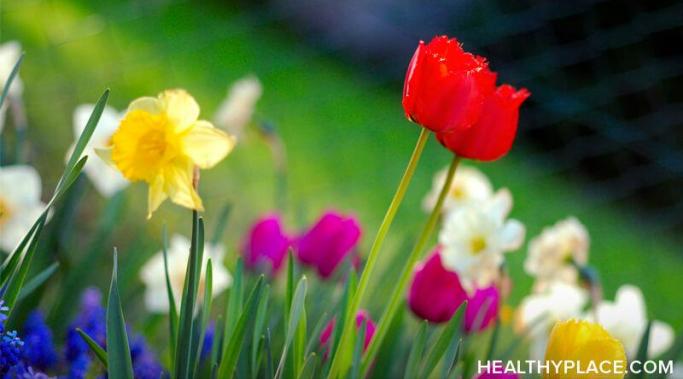Social media addiction is real. The definition of addiction is a complex psycho-physiological process manifested in any behavior in which a person finds pleasure and relief and therefore craves but suffers consequences without being able to give it up. Typically, addiction is associated with drugs, gambling, or shopping. But recently, after years of scrolling Instagram before getting out of bed, I couldn't help but wonder how many other people do the same thing. How many of us meet the criteria for social media addiction?
Debunking Addiction
I left the UK to undergo alcohol treatment in South Africa, so it was inevitable that this would alter my perspective somewhat. However, after spending more time in this new environment, several striking realizations about the UK's negative relationship were crystal clear. After talking to numerous people from the same country and background, there was a common thread of early exposure to alcohol having long-lasting consequences. In short, I learned that teenage drinking can lead to addiction.
For most people practicing an alcohol-free lifestyle, there will eventually be an alcohol-centered party or event worth attending. Concerts, weddings, and holiday gatherings can be tricky, but not impossible, to navigate as a sober person. One thing that has helped me stay alcohol-free on a boozy night out is to redefine success.
I was thinking back to my high school days. In particular, a memory of a talk in the school hall about the danger of harder drugs told by a recovering addict. That's where the term "gateway drug" became part of my vocabulary, specifically in relation to cannabis. This gateway drug idea was true on my part -- I firmly embraced the culture of marijuana at a young age. But my first drug encounter was with alcohol at the tender age of 13.
According to Dr. Gabor Mate, underneath all addictive behaviors lies a deep, unresolved trauma wound.[1] One thing that helped me start releasing the shame I carry for struggling with addiction was learning about the two types of trauma: "big T" and "little t" trauma. Big T trauma is related to an acute, severe event like sexual assault or going to war. While little t trauma accumulates over time in response to things like active shooter drills or a childhood steeped in diet culture.[2] These two types of trauma are important to understand.
Over time, I learned that Alcoholics Anonymous (AA) wasn't for me. To say my initial response to the concept of AA meetings was poor would be an understatement. I recall being in my first rehab, joining the chorus of naysayers with some choice words. However, this would all change when I could no longer keep telling myself I was in control of my drinking.
One of the most harmful myths surrounding alcohol addiction recovery is the idea of relapse and day one. Mainstream recovery modalities and the criminal justice system use fear to ignite abstinence, preaching that perfection is the only acceptable path forward. It is normal and expected to relapse and return to day one after a slip.
My name is Martyn Armstrong (Momo, as I'm more commonly known in online circles); I'm a new blogger for "Debunking Addiction" at HealthyPlace. Next January, I'll cross the threshold of 10 years of sobriety. Still, other than a few Twitter threads on my journey, I'm relatively new to discussing addiction and mental health. And I feel excited (and, if I'm honest, slightly nervous) about sharing my experiences. Addiction and mental health play significant roles in my everyday life. And, though it sounds odd, there are upsides to both.
Two weeks ago, I embarked on a massive life change in sobriety. Moving away from the town where I got sober to begin a new chapter flipped my world upside down. I had to face my fear of change and part ways with the people, places, and things that kept me grounded for three years. My comfort zone was demolished, forcing me to start afresh.
Someone recently asked me what fun things I have planned for the summer. Surprisingly, that felt like a loaded, triggering question. As a sober person who doesn't have a driver's license or disposable income, I get jealous and resentful when people talk about their vacation plans. The fear of missing out (FOMO) surfaces, and I feel excluded from that version of fun.
